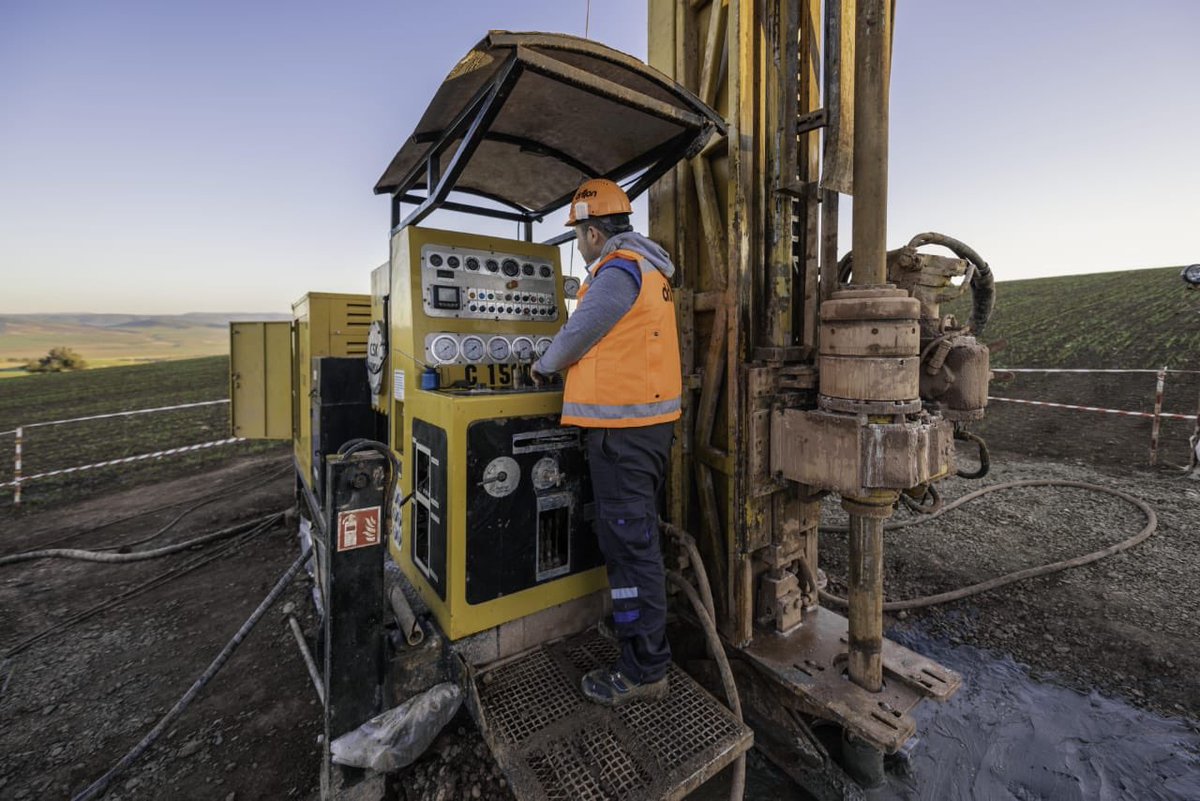Morocco-focused potash development company Emmerson’s 100%-owned Khemisset potash project in northern Morocco has moved closer to construction. A detailed risk analysis has identified those areas that need further work to mitigate the risks and prepare the project for funding due diligence and this work is currently being completed. This process also guides the priorities for expenditure, using existing funds to increase impact and to be fully prepared for a high level of due diligence from funding partners. Emmerson Plc has stressed it envisions Africa as the continent to benefit most from increased food production in the medium term, both as an engine of export and to keep up with the needs of its fast-rising population. “Many stakeholders will gain from successfully delivering this project,” the company states.
Meanwhile, the miner has provided a detailed update for the Khemisset Potash Project, which demonstrates clear progress towards delivery of this world class project. First of all, the update shows that in setting out to define, design, permit and build the project, Emmerson is driving towards meeting the company vision of “be-ing the first and leading potash producer in Africa”. The company has great respect for its host country, Morocco, which has welcomed significant Foreign Direct Investment in recent years and is demonstrating a policy of encouraging independent operators in the mining industry with generous fiscal terms and a clear permitting system. The company values are summarised by the phrase ‘doing the right things and doing them in the right way’ so Emmerson is committed to bringing positive impact to local stakeholders, particularly the direct effects of the project and the mitigation of negative outcomes. The benefits that the Khemisset Potash Project will bring for Morocco were recently confirmed in the socio-economic study.
Meanwhile, in line with a detailed risk analysis, workstreams that have commenced using the existing funds include geological work that will prepare for and finalise the scope of general site investigation and de-risking of the declines, a further seismic survey and additional drilling to further prove out the early mining blocks. Ventilation modelling, cuttability testing and a technical review of the mine plan are being undertaken and further process work is also underway. Where necessary, independent experts have been engaged. Work is also currently being done to confirm the opportunities for phased development of the project which will present an advantage in financing talks. The options being assessed have the potential to materially reduce the upfront capital cost with the flexibility around potentially phased development meaning financing can be considered at different levels. Furthermore, because the valuable product off-take has not yet been allocated, in a potash market dominated by a handful of majors, this independence of supply is a major attraction to various potential partners.




